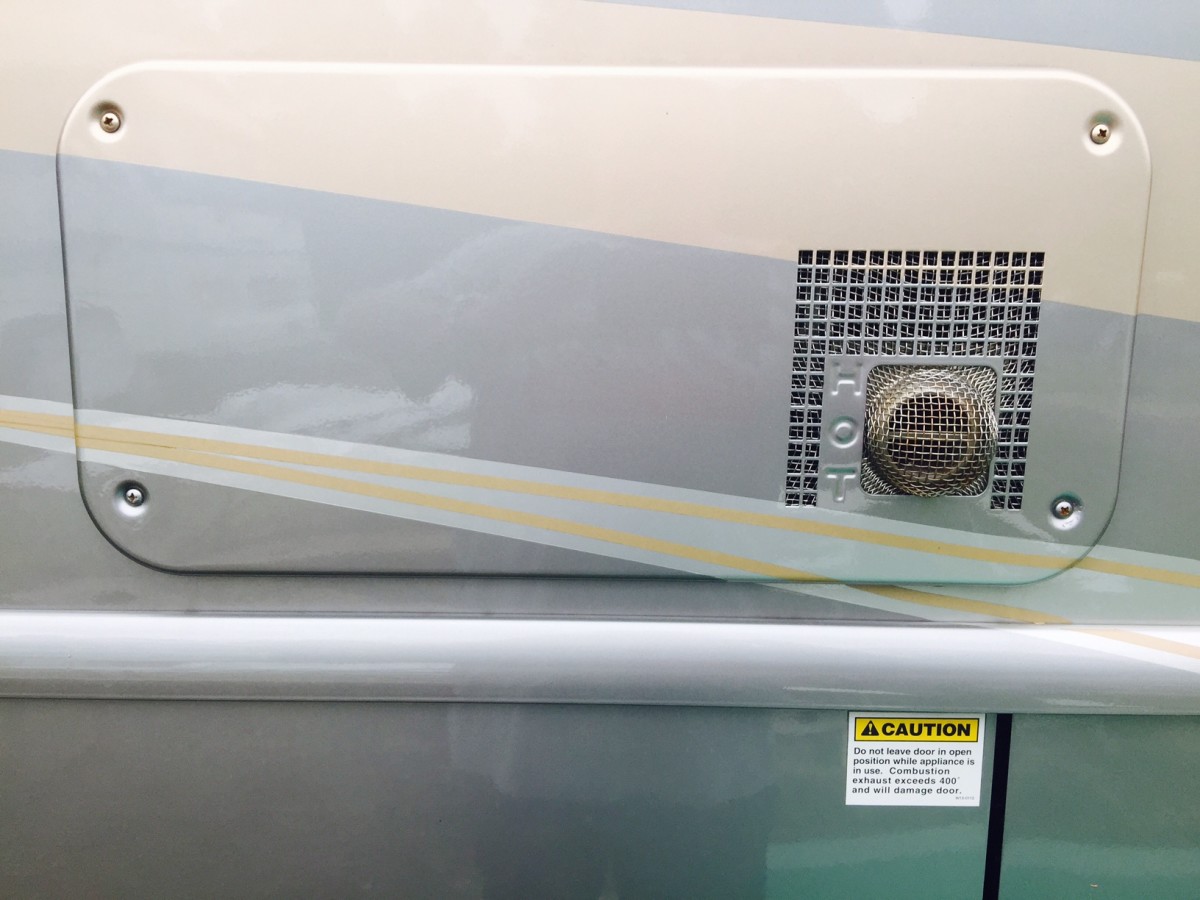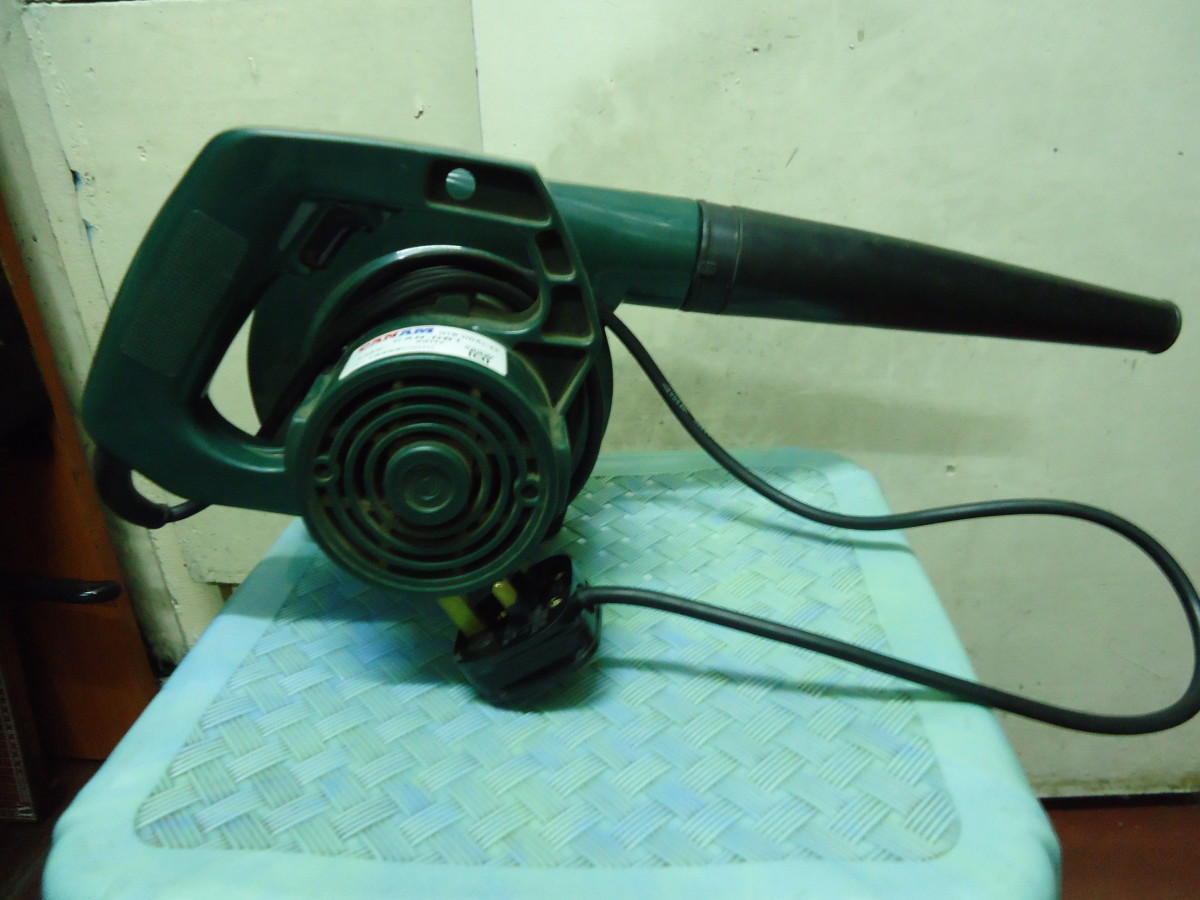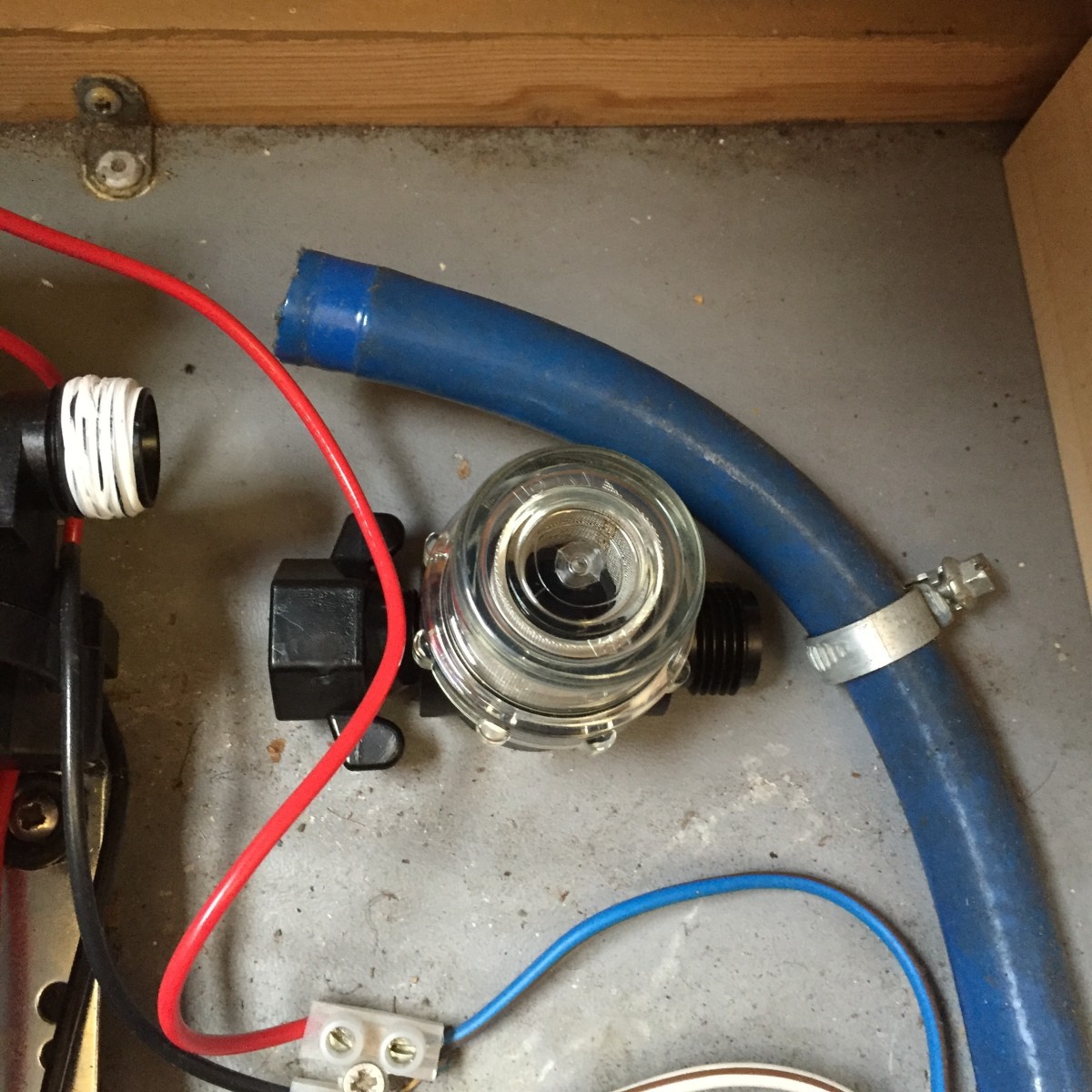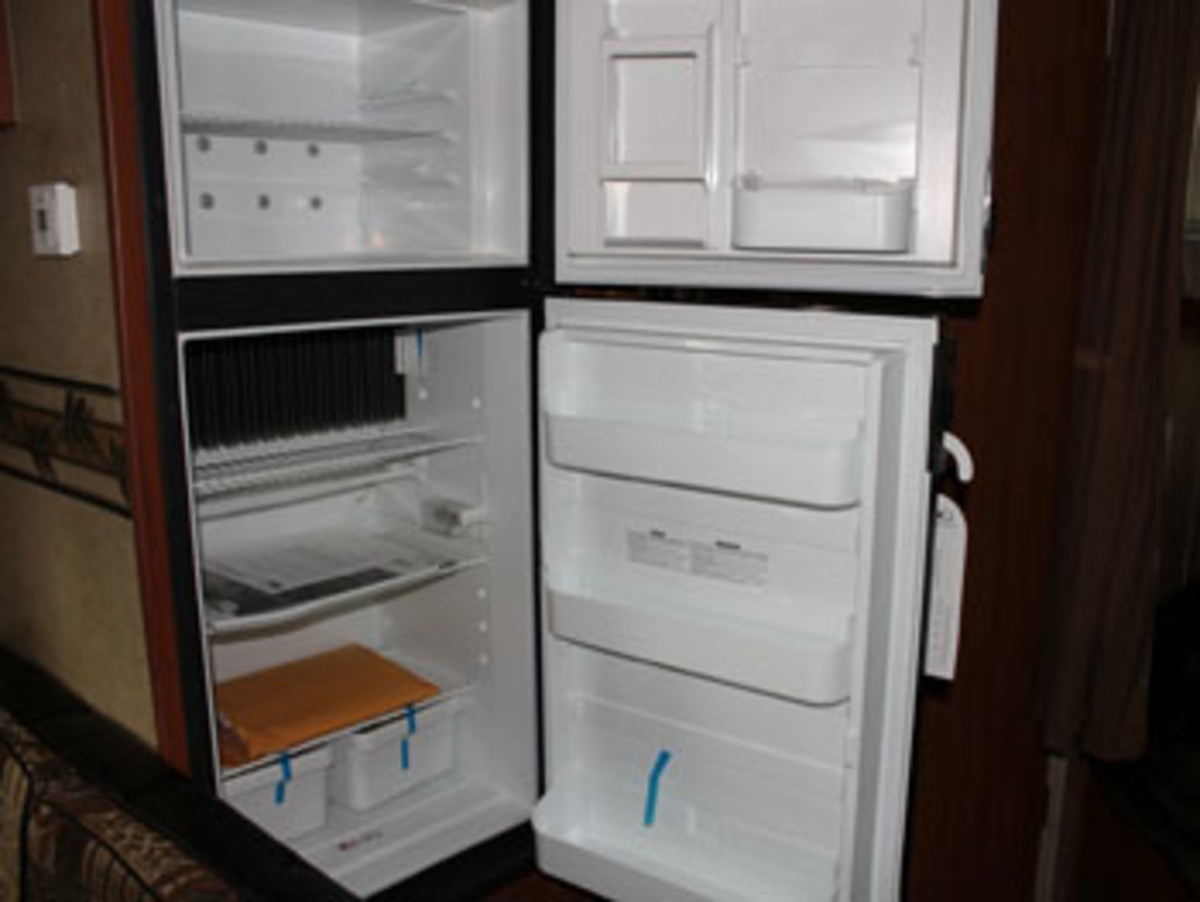RV Preventive Maintenance, How I Made My Plan
On the Road!
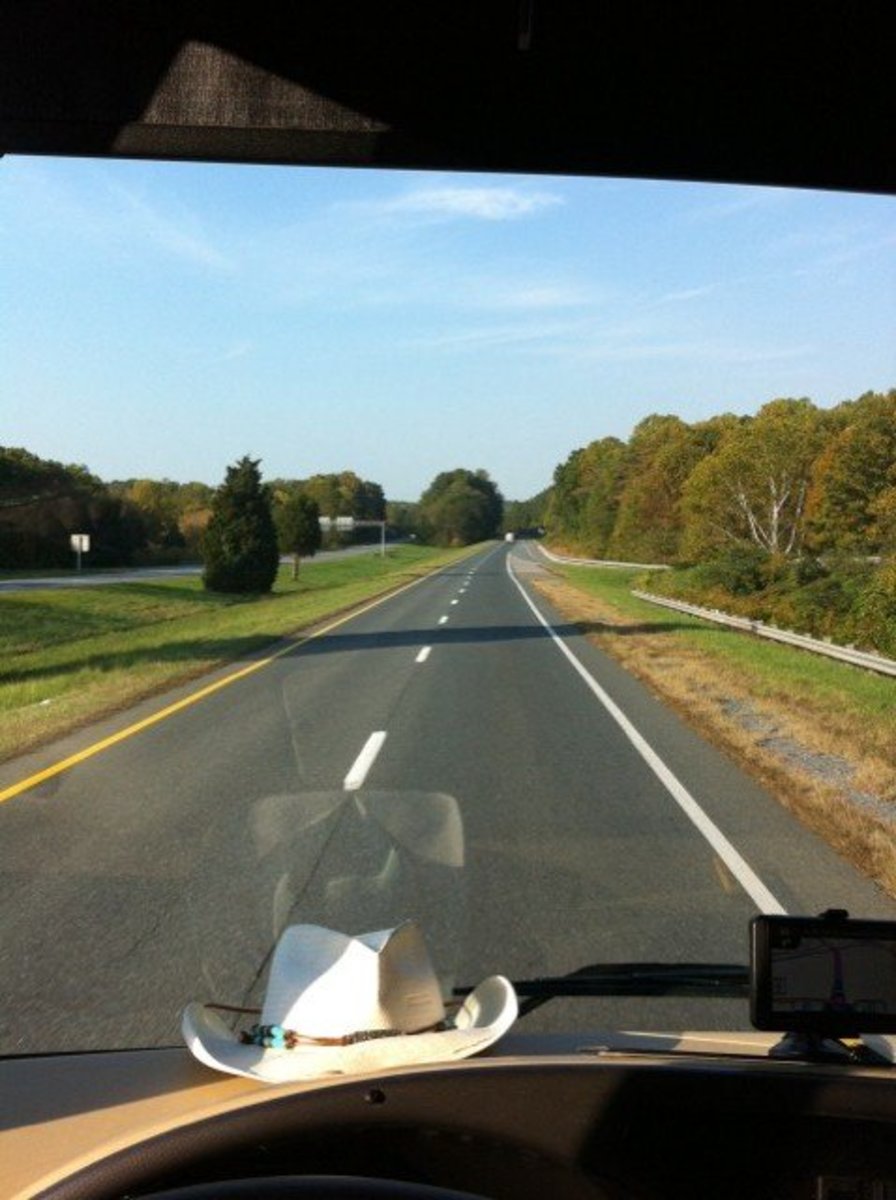
My Preventive Maintenance Plan, Off Season
My Wife and I have been; Full-Timers (2 years), Part-Timers and even what I call Most-Timers. We have lived in Virginia, North and South Carolina and presently we live in Florida. Over these years, we have always called our home our "Home Base" because that is the place we returned to when we were not using our RV.
Another of our travel habits is that we tend to use our RV over the Winter months to get away from the colder weather and enjoy the warmer climates further South.
Because of this, we don't actually Winterize our RV, rather we "Summerize" ours. Our home is presently in a Senior or 55+ community which, like so many such communities today do not allow the storage of RV's, Boats, or any kind of trailers at your home.
But, that's a subject of it's own for a future article, so I won't go there today.
So I would normally have to store my RV somewhere else near my home, but the 55+ community I presently live in does have a large RV/Boat storage area within the community.
In the past, just before we planned a trip, I would go down and frantically work on all kinds of little things that I felt might need servicing, and at the same time I would schedule those other maintenance things like oil changes and such that I don't do myself with different local garages.
Well, this year, when we pulled back into my storage site in April, I made a commitment to myself that I would keep our Rig in top shape and be confident enough to pull out at the drop of a hat, so to speak.
Putting together a plan that works
The first thing I had to do was figure out what actually had to be done on my Rig. So, I pulled out my owner's manuals and read through them, taking a lot of notes for myself.
When I had finally finished with the manuals, put the book down, I realized that this new Motorhome had a lot more STUFF to look after than my older and smaller Rigs, of the past.
You see, we had traded our RV for a 2007 Monaco Camelot, with only 15K miles on it. The dealer had done a great job getting the motorhome into good shape, so we had hit the road and stayed in different campgrounds in California for a little over a year before we returned home.
So, here I was with my collection of notes and I went down to my RV, and laid my paperwork out on the dining table, and then I spent several hours, alternately thumbing through the manuals, and my notes, and then opening storage doors and access panels, and performing a pretty good process of learning about my RV, probably for the first time ever.
Of course, the previous owner had not left any service records or receipts in the RV, or else the dealer had thrown them away, so I decided to assume the worst; I had to assume that the previous owner was even lazier than I am, and probably had not maintained his rig well, at all.
I decided that I had to split my PM plan into two major sections.
1- Make a checkoff list of all of the appropriate and necessary standard PM that might be required before making a long trip in the RV, and
2-Put together my own PM plans; one for me to perform during periods of storage that includes the regular ongoing PM recommended by the manufacturers of the Rig as well as the other common Coach PM stuff.
Data Needed
Checking on the state of the regular PM is relatively easy.
Essentially you need to have and keep up to date the following data items about your RV in order to know when to perform your required PM:
- Actual RV Mileage.
- Actual RV Generator Hours of Operation.
- Existing records of past maintenance performed.
- Recommended Service Due Dates (or actual mileage) that you will use to perform your necessary PM.
Some items on your RV will need to be replaced at recommended intervals. Once you have pulled this information together, you need to make your own list of items that you know need to be repaired, upgraded, or just serviced soon.
You then also add the standard maintenance items that are recommended by the Coach as well as the Chassis-Drive-train manufacturers.
Here is a list of some of the obvious items that you should make sure you are servicing;
- Engine Oil and Filter changes as well as Engine Fuel Filter changes,
- Drive Train Transmission Oil checks
- Chassis Lubrication requirements,
- Tire Air Checks, and damage checks,
- Fridge Service Checks,
- Furnace Service Checks,
- Air Conditioner functional Checks, and cleaning Air Filters
- Battery Fluid level Checks and Voltage readings,
- Water Heater and Water Pump checks,
- Generator Oil and Filter changes as well as fuel input filter,
- and on and on.
Any of these items listed above can cause you a lot of heartache while traveling, if they stop working properly, so you really need to see that they are in good shape before your trip.
Chronological List
Now, this is very important.
You now need to pull together all of this data into a realistic list of items to be taken care of, in some logical and chronological order, relative to your projected date to pull out on your trip.
You should allow time for problems to occur if you run into serious problems. It is much better to get everything necessary done a couple of weeks or months ahead of your traveling start date rather than end up departing days or weeks late due to complications from unseen problems.
I was originally supposed to pull out for my west-coast winter trip in August, and I noticed that my Fridge wasn't cooling properly.
I took it to a certified Dometic service center, and it turned out that my whole Cooling Unit needed replacement. It was a back-ordered part, and one was delivered 2-months later.
I ended up changing a lot of reservations, several times, and our leisurely trip across the country turned into a marathon crossing.
Not a Lot of Fun!
So, make a prioritized chronological list, and get everything done, and done properly, in a timely manner.
Oil Change and Lubrication
My Rig has a Cummins drive train and I wanted an Oil Change and Chassis Lubrication before I spent 7+ months on the road..
I didn't need one yet, but when it comes to Engine Oil, I would rather be overly cautious, than frugal.
First I got out my owners manual, and copied the pages that listed and illustrated the points that needed lubrication.
Then I dropped down to a local Garage that said that they could do the job.
When I got there, I asked the Manager, for a quote, and he threw a pretty competitive price at me.
So, I then asked him what they lubricated, and he stated, simply; "Everything!"
i didn't feel very comfortable with his quick answer, so I told him;
:Hey Man, I know I am being a pain, but could you get your mechanic that is going to do the job in here? I have these documents on my rig, and I want to confirm that he is going to hit all of the Lube spots required. OK?"
Well, he grumbled, but he went out and came back in a couple of minutes and the actual mechanic returned with him.
I showed him my documents, and I asked;
I assume that you are going to lubricate all of the spots shown here?"
He pursed his lips, looked at the document for another minute or so, and said'
"Well, Not Exactly!"
I said: "Not exactly?"
The Manager rolled his eyes and frowned, and the mechanic went on with;
"Yeah, Let me explain!"
"First, On these big Rigs, I hit every lubrication point that I can get to while rolling around under the rig on my dolly.
"Second. Most of these other lube points, that I can't get to, don't really need lubrication as often as the others. That's why they put them in out of the way places, I figure!"
I thought that the manager would choke at that moment.
He brusquely told the mechanic to go back to work, and then turned to me, as he left.
He began apologizing, and offering to look at the job again, if I wanted, but I could see that he had no interest in the job now that he had all of this egg on his face, so I thanked him and I left.
I then went to the local CW, and asked them the same thing.
At least they knew what they were talking about and gave me a quote.
But they only change Oil and Oil filters, and not Fuel Filters, so I had to take care of that with someone else. And they were familiar with all of the required lubrication points, and lubricated them all.
My point here? If you don't have a certified service center to work on your Rig, take the time to double check on what they plan to do versus what they are supposed to do.
The Other Stuff, Checks You must do!
Yeah, The Other Stuff!
You have to do them!
They will not go away!
And, They can bite you in the Butt on the Road!
Your job is to go through this list of boring, mundane, and tiresome little tasks, and get each and every one of them done.
The following is a copy of my list, that I eventually took care of:
- FRIDGE-The owners manual has a simple list of items that the owner can do, but I do suggest that you move the complete Fridge check to an RV service center, to make sure it is really ready for a long trip.
- Hot Water Heater- What goes wrong? Bad Heating Elements, Bad Propane system, loose water connectors, and LEAKS! I suggest a qualified service center for this one also.
- Furnace- Don't! Just Don't! Unless you are qualified to mess with your Propane Furnace System, take it to someone that knows what they are doing. You don't want it to stop working due to something you did, and you really don't want a fire, that you caused.
- Batteries- Check how old they are, and honestly evaluate whether they need replacement. Then, if everything is OK, I do the following; check the water levels in the batteries, and fill as necessary with distilled water only. Then, clean and tighten all cable contacts.
- Wiper Blades- When I checked, one of them came apart in my hands. It took me two-weeks and three phone calls before I found someone that manufactured and sold the ones that fit on my Class-A Rig. Be aware, that these can be hard to find.
- Window & Slide Seals & Gaskets- Do a slow walk around, and look at all of those Window and Slide gaskets and seals. They should be lubricated with the appropriate spray chemicals (usually Silicone) twice a year to assure that they remain supple and do not dry out and crack.
- TIRE Condition- Please take a good look at your tires, specifically the sidewalls. You need to look on the outside, and yes, on the inside walls for cuts. A cut, on the open road can lead to a blowout. And, I don't know of anyone who ever had a blowout in a convenient place. If you have a cut, take the Rig to a tire guy right away and have it examined by a professional. And the second thing you need to check is dry rot. Your sidewalls should be smooth and even, without any of the cracks or the look of a road-map. This is a sure sign that your tires are in need of replacement right away.
- TIRE AIR Pressure- Next, you need to have a good air gauge for regular checks of your tire pressure levels. I know it is a nuisance, but running on an improperly inflated tire, can be as dangerous as driving on cut or dry-rotted tires. So check your tires regularly.
- Spare Filters- This one is a pet peeve of mine. I have a diesel Rig, and it has a number of accessories and appliances that use different types of filters. I try to keep a spare of the ones that are the hardest to get. No one wants to be on the road, and unexpectedly end up sitting in a roadside campground, or even worse, dry-camping behind a garage while a filter or other replaceable part is ordered and shipped to you before you can continue your trip. Look them up, and order them before you go on that long trip.
- Spare Bulbs- This one is more of a nuisance thing to me. My Rig uses over a dozen different 12-volt bulbs. Pull them and make a list of the bulb type and the number on the bulb. And, when you go down to the local auto parts store, pick up a couple of each.
- Other- Yes, there is always the "Other" factor. There are so many different RV's on the road today, both the new and the old, that I will not even try to list all of the potential other parts you need to check. This list covers the most obvious, but you are the one who needs to; open all of those access doors, tug on all of those cables and connectors, shine that flashlight into those dark places, and read your manuals, to find those things that can be a problem when you are on the road.
Sources
One of my favorite tools when it comes to my RV, is the Web with its Search Engines, such as Google Search. I spend a lot of time researching the parts in and on my RV. And, I keep a spreadsheet on what I find.
I try to store the following information on everything that I research;
- Product Name,
- Company Name,
- Co. Address,
- Co. Phone number,
- Part Details on their site,
- and pricing where I can find it.
This way, I have an easy reference that I can readily check even on the side of the road.
My secondary source of information, is the RV manufacturers Service phone number.
And for those of you whose RIG manufacturer is no longer in business, I go to my favorite site for unique information on almost anything to do with RV's, and that is the collection of owner FORUMs on the site called IRV2.com.
This site will have the most in depth information on your Rig and it's parts, and if what you need to know is not available, just post a question to the millions of members, and you will get numerous responses and suggestions. I love this site. Use it.
And, I suggest that you check out my Blog on RV Information, that is listed here.
In Summary, Preventive Maintenance is called that because you want to PREVENT maintenance on the side of the road, Happy Trails!
This content is accurate and true to the best of the author’s knowledge and is not meant to substitute for formal and individualized advice from a qualified professional.

